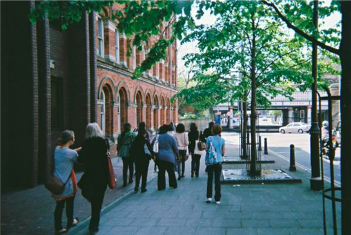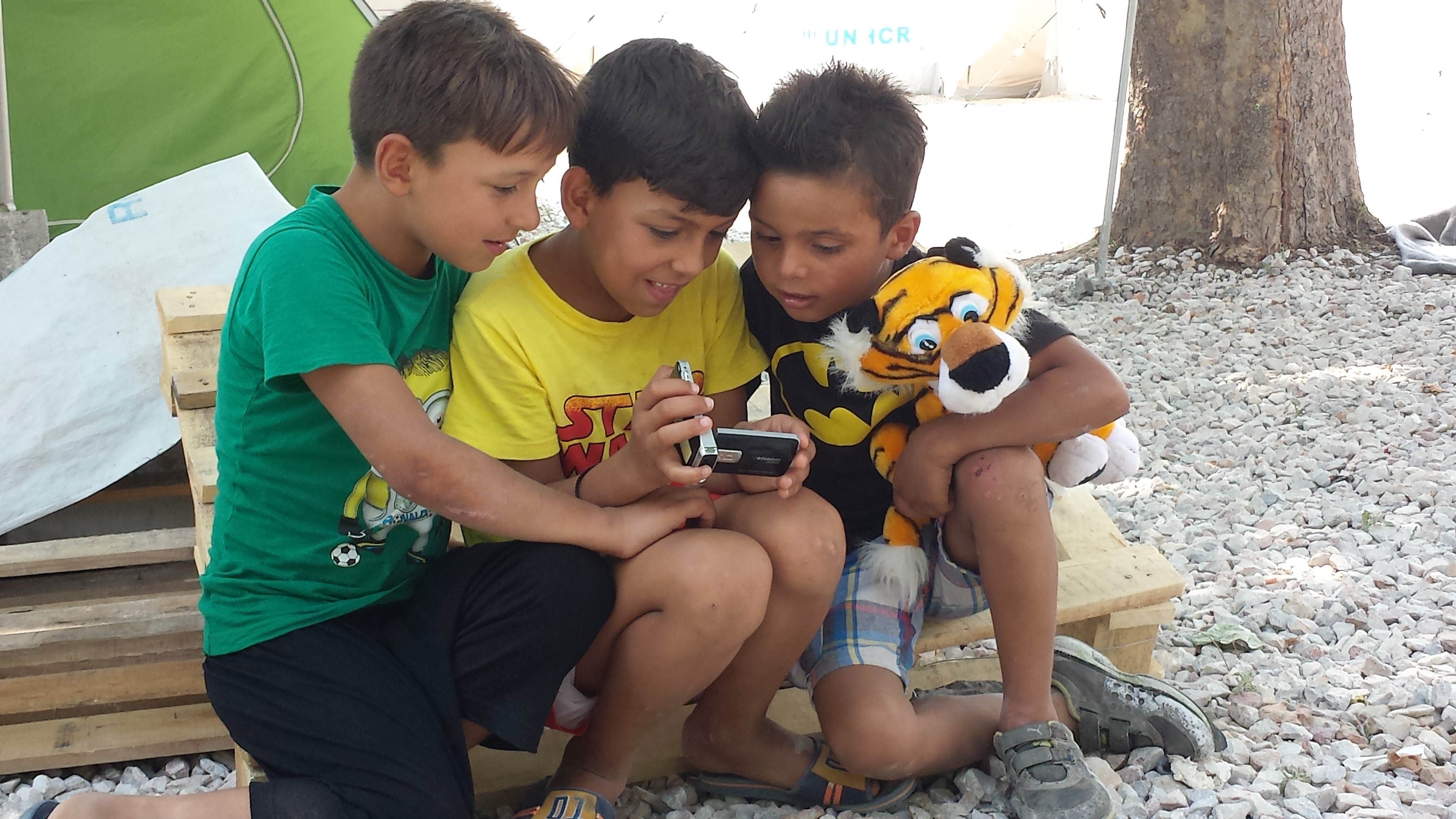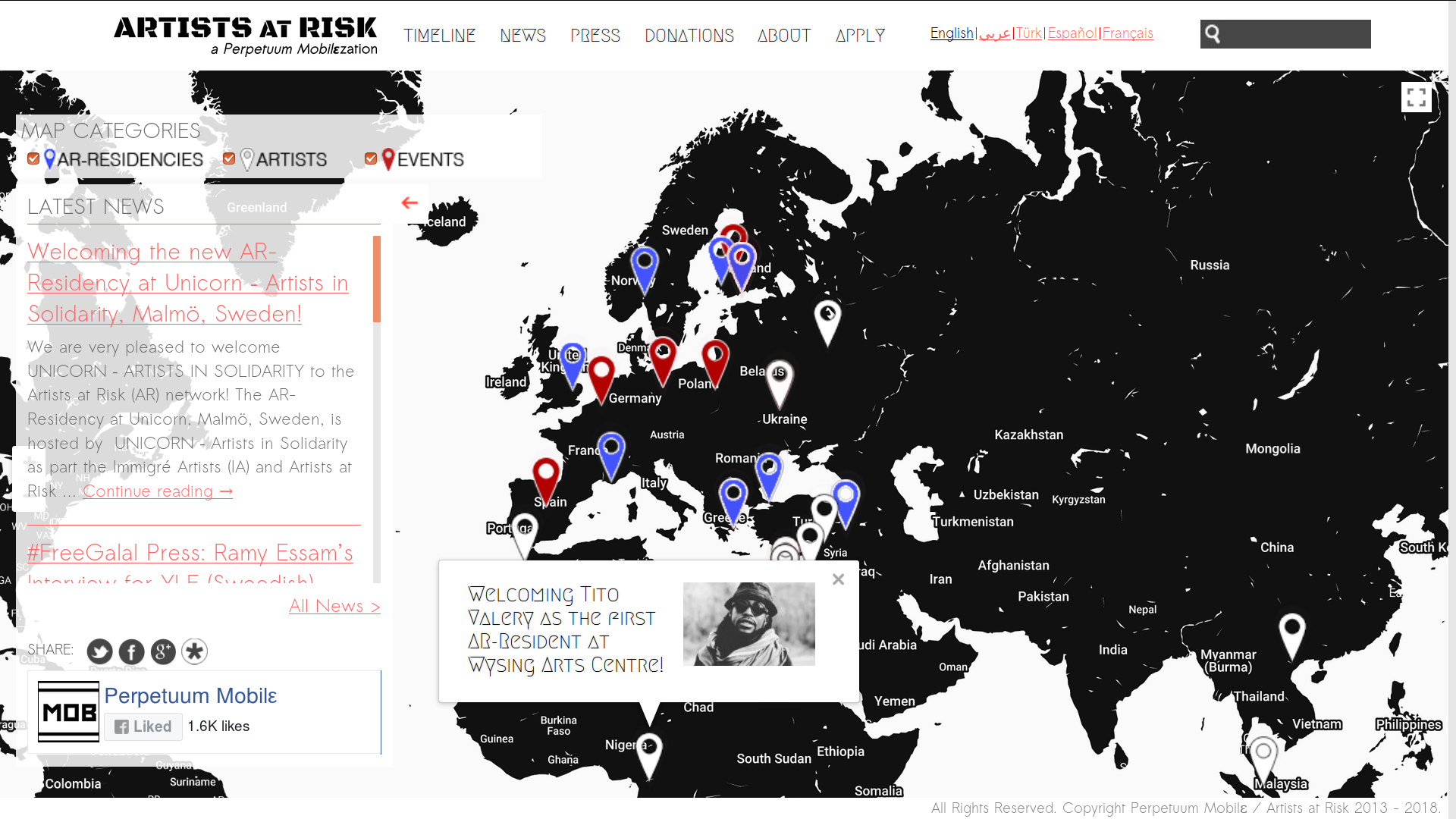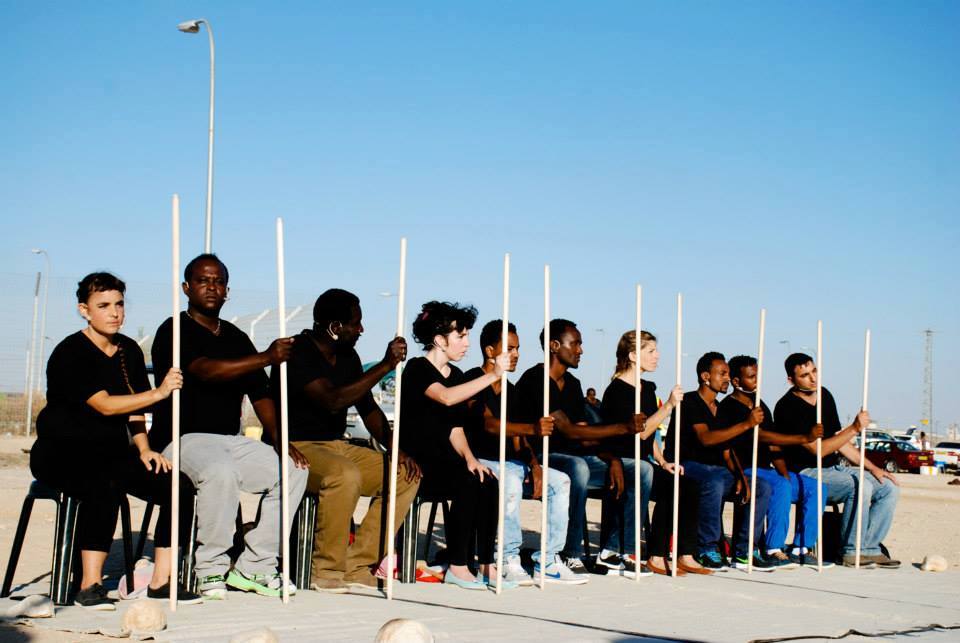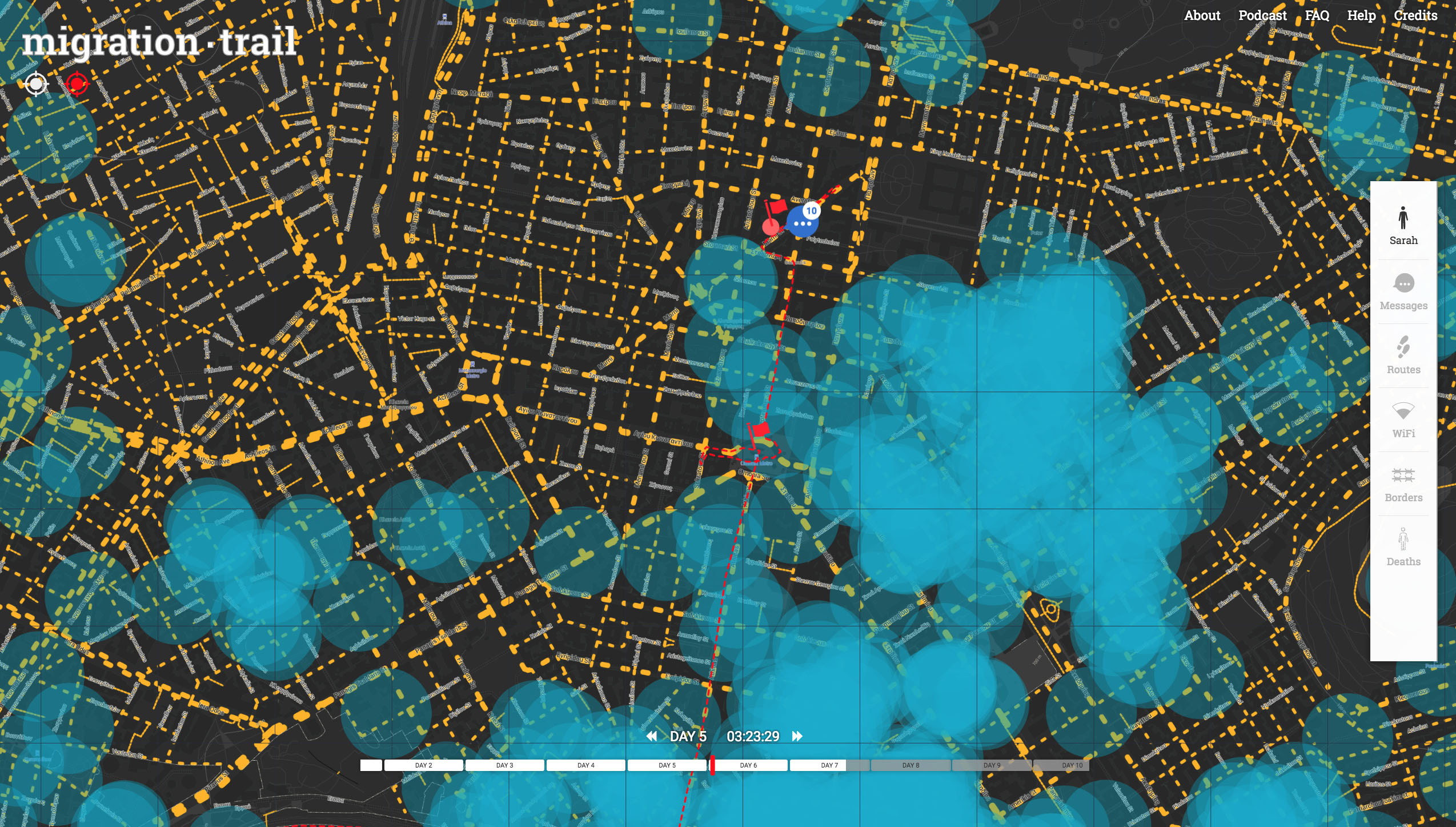
IM2MEDIATE is a research project investigating the dynamic interplay between media representations of recent non-EU immigrants in the EU, with specific emphasis on the situation of refugees and the governmental and societal (re)actionsto it. Within this large project funded by Belspo, our study engages with the experiences of refugees. Taking a voice-centered approach, we have worked with 44 participants of Syrian, Afghan, and Iraqi descent, who came to Belgium after 2015. The study included ethnographic conversations, focus group interviews, and visual workshops with photo elicitation and photovoice exercises. These different methods were used to elicit participants’ stories about their journeys and experiences, but also to explore their responses to mainstream visual representations of migration and refugees. Our analysis included an inquiry into negotiations of victimization in everyday life contexts, the meanings and difficulties of visual representations of suffering, and critiques of the Western gaze in media representations of migration. During a part of our study, we presented participants with a representative sample of mainstream representations of refugees and asked them to “give voice” to one or more of the persons being depicted. Some participants used this exercise to problematize the way in which refugees are portrayed and used this opportunity to address “all Belgians” or politicians. The images thus functioned as a helpful springboard to address broader issues related to migration, politics, and culture.
Researchers: Kevin Smets (Vrije Universiteit Brussel), Jacinthe Mazzocchetti (Université catholique de Louvain), Lorraine Gerstmans (Université catholique de Louvain), Lien Mostmans (Vrije Universiteit Brussel), Leen d’Haenens (KU Leuven)
